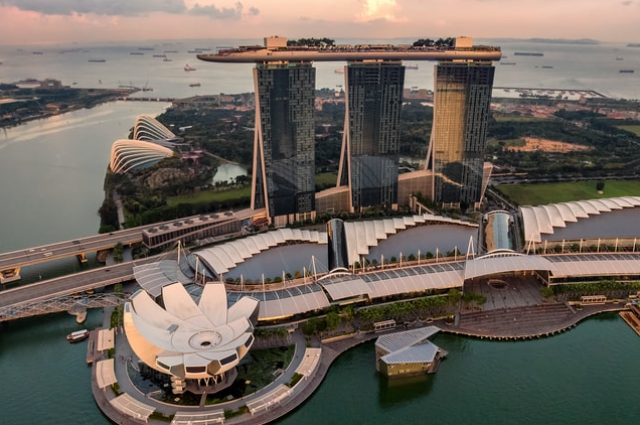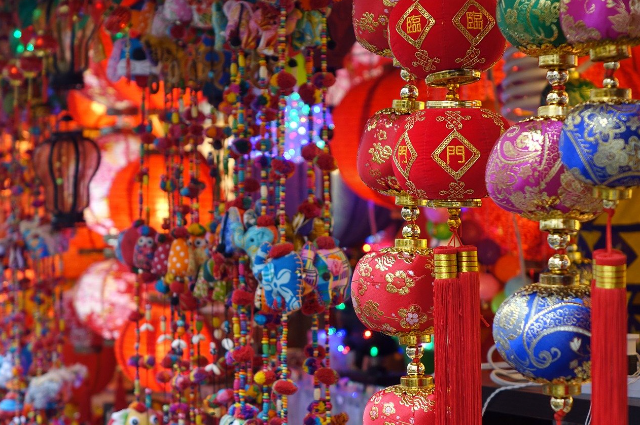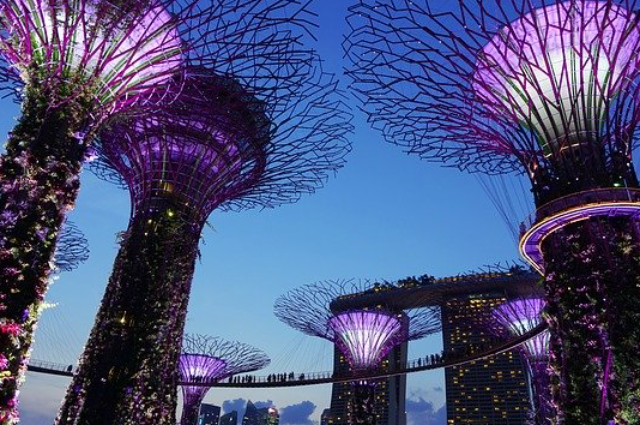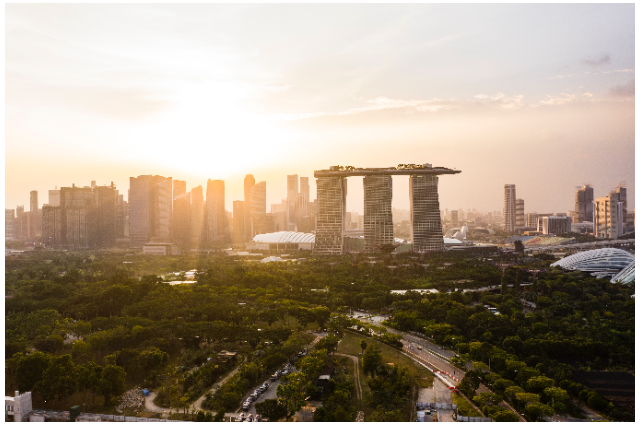
You and your family may live in Singapore knowing that your personal safety is never in jeopardy. With continuously low crime rates, a transparent legal system, and a dependable police force supported by proactive people, Singapore is often considered one of the safest countries in the world.
The term "quality of life" is frequently used as a shorthand for describing how satisfied one is with one's existence. This metric is calculated using formal processes that take into account economic, social, physical, political, and spiritual well-being. Singapore may be the tiniest country in Southeast Asia, but it has emerged as one of Asia's finest places to live, with a high quality of life index.
Many countries, including the United States, claim to be the finest place to do business. Countries want to know that their business climate is favorable, whether it is domestic or international. Without it, economies would stutter, and firms will relocate. For the past few years, a small, unexpected southern country has held the title of the greatest location to do business in the world. For the past ten years, Singapore has ruled supreme. Despite being pushed out of first place by New Zealand in the last year, the World Bank's Index predicts Singapore will remain in the top spot for 2017 and 2018, if not reclaim it.

Image by Jason Goh from Pixabay
A well-known blend of East and West
Singapore's unique colonial past and varied population puts it at an interesting cultural crossroads of Asian, European, and American cultures.
Singapore's legal, administrative, and taxation systems are similar to those of the United States and the United Kingdom, as it was once a British colony. Singapore has continuously embraced Western lifestyles, corporate methods, and even languages to make itself more internationally marketable since its independence in 1959. However, this does not imply that Singaporeans are attempting to become more Westernized. They are still a proud Asian culture, and many people have chastised the government for measures that appear to be harming the island's cultural history.
Many believe, notably the World Bank, that Singapore has skillfully established an East-West equilibrium that embraces everyone while alienating none. Singapore provides a pleasant, yet distinct, business and social atmosphere, especially in a region of the world that might seem so alien. When it comes to working overseas, these little differences may make all the difference for small firms in the United States.

A Business-Friendly Environment
Domestic and foreign firms can easily establish themselves in Singapore's economy.
Because of its tiny size and lack of natural resources, the island is underdeveloped. As a result, Singaporean firms are expanding their activities outside their local waterways. Singapore, on the other hand, has a sizable industrial sector. When these products aren't traded with ASEAN (Association of Southeast Asian Nations) partners, the United States is a significant hub.
As a result of its favorable structure, the island has the world's second-most competitive economy. Economic initiatives have also been developed by the government to encourage foreign commerce.
Singapore attracts international companies through welcoming legal frameworks and public laws. Foreign firms do not have to give up their management rights to locals when they start up a company and they are subject to the same basic economic rules as domestic businesses.
Businesses are almost clamoring to work in Singapore's micro and macroeconomics.
Tax Laws that are attractive
Here's where small companies stand to gain the most. The first two items on this list have the potential to generate revenue for your company. However, Singapore's tax rules have a significant impact on your bottom line, with several discounts and exemptions.
Personal tax rules in Singapore are well-known, although they only apply to Singapore citizens. As a result, your supplier is most likely receiving a terrific deal.
Singapore provides company tax rates that are unbeatable in comparison to other nations.
Non-resident corporations are tax-free for the first three years of taxable income. Singapore has implemented "Double Taxation Avoidance Agreements," which shield Singaporean suppliers from collecting taxes on income earned abroad. This is also beneficial to US companies, as lower taxes on goods translate to cheaper pricing for you.
The repatriation procedure in Singapore is perhaps the most intriguing aspect of the tax system.
Singapore enables firms to repatriate cash tax-free into the nation in order to encourage currency back into the economy. Taxes do not apply if the money is sent from a registered business partner and is not a remittance payment.
This is advantageous to both the sender and the recipient of the money. Because the Singaporean recipient pays no tax on this revenue, your supply prices will be cheaper.

